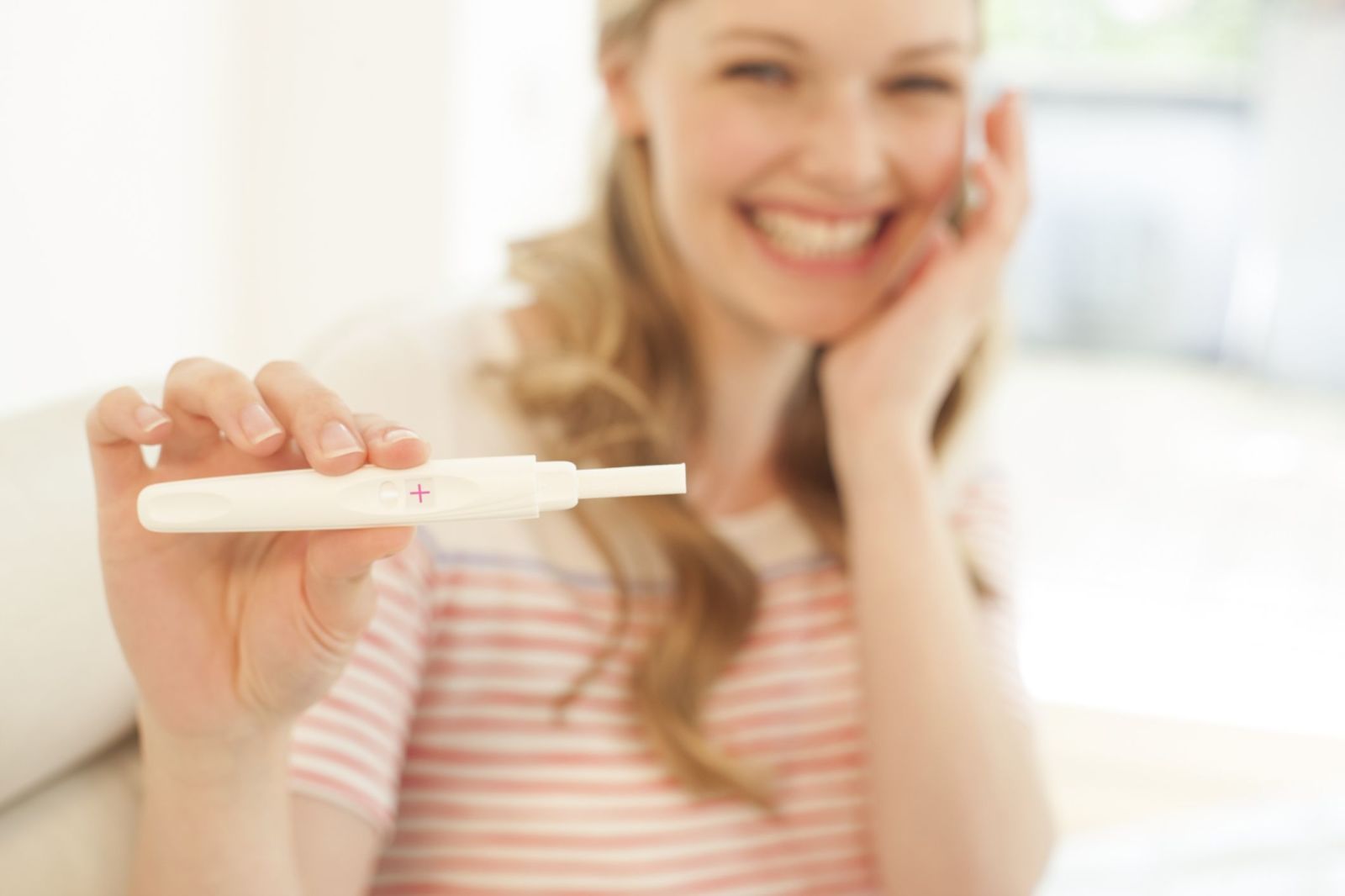
Confirming what mothers-to-be may have already suspected, a new US study has found that women with high levels of stress find it harder to conceive.
Reducing stress could help increase chances of conception suggests new research
Carried out by a team of researchers from the University of Louisville, the study looked at 400 sexually active women aged 40 or younger, following the women for up to 20 cycles or until they became pregnant.
The women were asked to keep diaries reporting on their menstrual cycles, intercourse, contraception, alcohol, caffeine and smoking, and reported on their daily stress levels using a scale of one to four, with four being the highest. To look at the effect of stress levels on conception the team then calculated the mean stress levels during each phase of the menstrual cycle. Day 14 was the estimated time of ovulation, when an egg is released from the ovaries to the fallopian tubes, ready for fertilization.
The results showed that stress had a negative effect on fertility only during the ovulatory window, with women who reported higher levels of stress during this window approximately 40% less likely to conceive that month when compared to other less stressful months. The team also found that the results still held true even after taking into account other factors such as age, body mass index, alcohol use and frequency of intercourse.
In addition, women who were more stressed were also 45% less likely to conceive than women who were less stressed.
The researchers also observed that women reported higher stress levels at the end of the month in which they became pregnant, possibly as a result of learning they were pregnant, or possibly due to changes in pregnancy-related hormones which also caused changes in stress levels. Commenting on the significance of the findings, and what the results could mean for those trying to conceive, epidemiologist and one of the study’s authors Kira Taylor commented, “Some individuals are skeptical that emotional and psychological attributes may be instrumental in affecting fertility. I hope the results of this study serve a wake-up call for both physicians and the general public that psychological health and well-being is just as important as other more commonly accepted risk factors such as smoking, drinking alcohol, or obesity when trying to conceive.”
Taylor also advised that women trying to conceive could take steps to reduce their stress levels and therefore increase their chances of pregnancy by exercising, taking part in a stress management program, or by seeking advice from their doctor or health professional. The results of the study can be found online published in the journal Annals of Epidemiology. Reducing stress could help increase chances of conception suggests new research
Carried out by a team of researchers from the University of Louisville, the study looked at 400 sexually active women aged 40 or younger, following the women for up to 20 cycles or until they became pregnant. The women were asked to keep diaries reporting on their menstrual cycles, intercourse, contraception, alcohol, caffeine and smoking, and reported on their daily stress levels using a scale of one to four, with four being the highest.
To look at the effect of stress levels on conception the team then calculated the mean stress levels during each phase of the menstrual cycle.
Day 14 was the estimated time of ovulation, when an egg is released from the ovaries to the fallopian tubes, ready for fertilization. The results showed that stress had a negative effect on fertility only during the ovulatory window, with women who reported higher levels of stress during this window approximately 40% less likely to conceive that month when compared to other less stressful months.
The team also found that the results still held true even after taking into account other factors such as age, body mass index, alcohol use and frequency of intercourse. In addition, women who were more stressed were also 45% less likely to conceive than women who were less stressed. The researchers also observed that women reported higher stress levels at the end of the month in which they became pregnant, possibly as a result of learning they were pregnant, or possibly due to changes in pregnancy-related hormones which also caused changes in stress levels.
Commenting on the significance of the findings, and what the results could mean for those trying to conceive, epidemiologist and one of the study’s authors Kira Taylor commented, “Some individuals are skeptical that emotional and psychological attributes may be instrumental in affecting fertility. I hope the results of this study serve a wake-up call for both physicians and the general public that psychological health and well-being is just as important as other more commonly accepted risk factors such as smoking, drinking alcohol, or obesity when trying to conceive.”
Taylor also advised that women trying to conceive could take steps to reduce their stress levels and therefore increase their chances of pregnancy by exercising, taking part in a stress management program, or by seeking dvice from their doctor or health professional. The results of the study can be found online published in the journal Annals of Epidemiology.